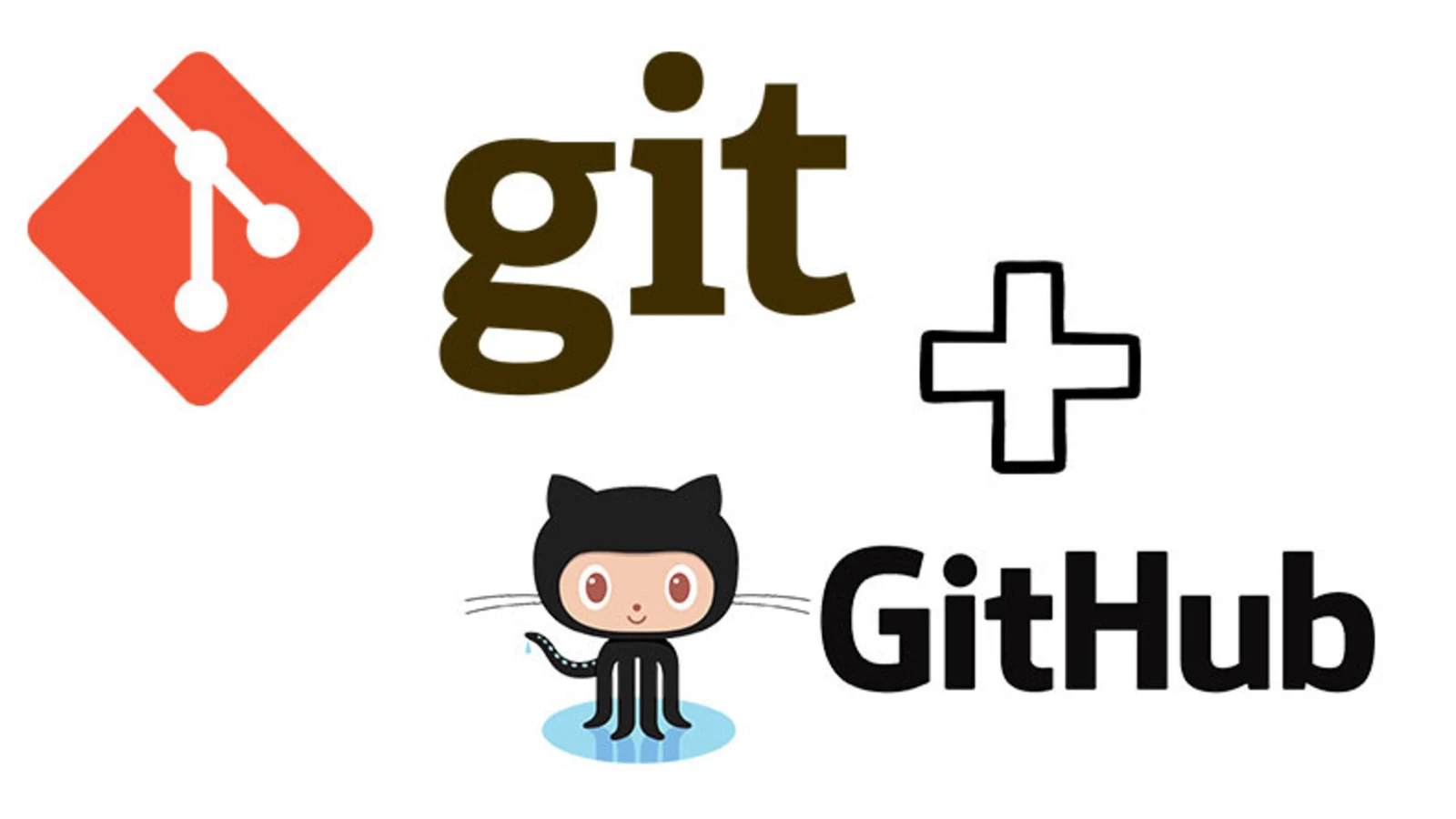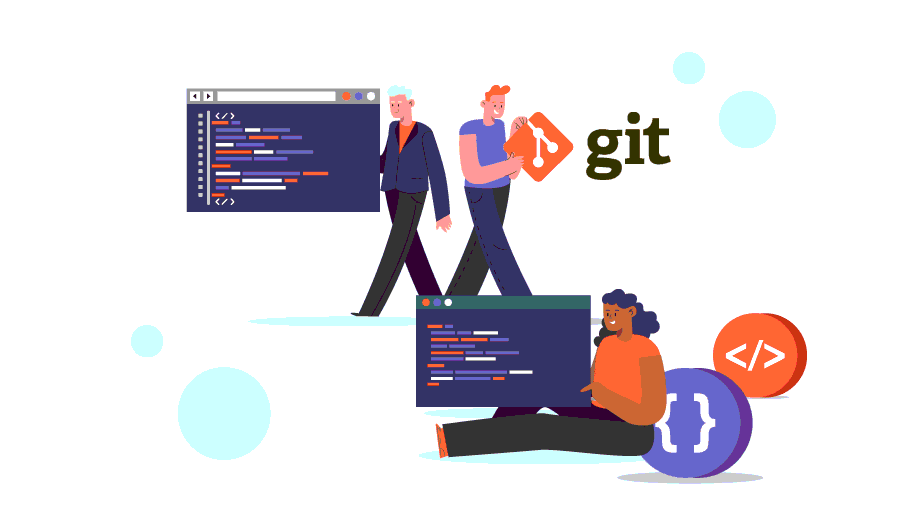Git & GitHub: Two fundamental tools to improve software development flow

Git and GitHub are essential tools for many software developers, as they facilitate collaboration on code projects and make tracking project progress easier. While it may take a little time to learn how to use them, these tools are a valuable investment for any software developer. Below, I'll tell you a little more about these two tools.
What is Git?
Git is a version control system for source code that is used to track changes made to the code of a project. It was created in 2005 by Linus Torvalds, the creator of the Linux operating system, and has been widely adopted in the world of programming due to its ease of use and powerful functionality.
What can be done with Git?
One of the main benefits of Git is that it works locally, meaning
that it is installed on your computer and you can use it to track
changes to your projects without the need for an internet
connection. This makes Git ideal for projects that are developed in
isolated environments, such as private projects or projects that are
worked on by distributed teams.
Another advantage of Git is its tree structure for tracking changes
to the code of a project. Every time a change is made to the code,
Git saves it to a "branch" in the tree. This allows you to go back
to previous versions of the code and compare different versions to
see the changes that have been made.

In addition, Git uses a "commit" and "branch" based structure, which
means you can create branches off the main project to work on new
features or fix issues without affecting the main code. Then, when
you are satisfied with the changes, you can merge the branch back
into the main code.
Git is also very useful for working in teams on code projects. Each
person on the team can have their own copy of the code and make
changes in parallel, and then use Git to merge everyone's changes
into a single final version of the code. This allows development
teams to work more efficiently and avoid code conflicts. In
addition, Git has a wealth of built-in collaboration and project
management tools, such as issue tracking and task assignment.
What you should know about Github
GitHub is an online platform based on Git that provides cloud storage for Git repositories and additional tools for collaborating on code projects. With GitHub, you can create public or private repositories and invite other developers to collaborate on your projects. You can also use GitHub to view the change history of a project's code and to track issues and tasks.
With GitHub, you can create public or private repositories and invite other developers to collaborate on your projects.
GitHub is very popular among developers and is used by large
companies and open source projects. It is also a great platform for
showcasing your work to other developers and finding job
opportunities.
In addition to providing cloud storage for Git repositories, GitHub
also offers some additional features to make collaboration easier.
For example, it has a feature called "Pull Requests" that allows you
to propose changes to a project's code and have them reviewed and
merged by the project maintainers. GitHub also has a large library
of third-party integrations and tools, such as continuous
integration services and code review tools, that you can use to
streamline your development workflow.
Conclusions
Overall, Git and GitHub are powerful tools for version control and collaboration on code projects. Whether you are working on a personal project or collaborating with a team of developers, Git and GitHub can help you keep track of changes, manage tasks, and ensure that your code is of high quality. So, these are very useful tools for the developers.